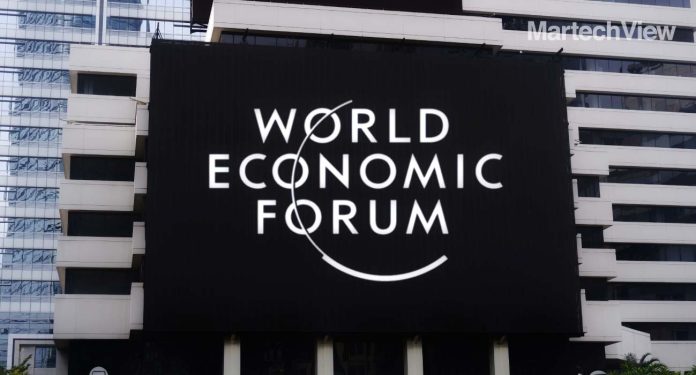Ukraine, Middle East, and Taiwan overshadow the annual meeting at Davos, with artificial intelligence taking center stage.
The inauguration of the World Economic Forum’s meeting that took place in Davos, had geopolitical tensions and AI as the central focus of discussion. Three potential flash points – Ukraine, the Middle East and Taiwan – threatened to overshadow the meeting of the World Economic Forum (WEF) aimed at rebuilding trust after the series of setbacks suffered in the past four years, including war, the Covid-19 pandemic and the cost of living crisis.
Kristalina Georgieva, the managing director of the International Monetary Fund, warned that without measures to shape its use, AI would lead to greater inequality. She said, “It’s arriving – do not close your eyes or put your head in the sand. AI requires preparation.”
According to the discussion, Artificial intelligence will dominate Davos, with OpenAI’s Sam Altman due to appear on a panel. AI is seen by its proponents as a possible way of boosting growth, but the WEF said in last week’s global risks report that it could be misused by hostile states and other malign forces.
With Middle East tensions rising, the US is sending its secretary of state, Antony Blinken, and its national security adviser, Jake Sullivan, to Davos. Israel’s president, Isaac Herzog, is also attending, as are the prime ministers of Iraq, Mohammed Shia al-Sudani, and Jordan, Bisher al-Khasawneh, and Iran’s minister of foreign affairs, Hossein Amir-Abdollahian.
At the Davos opening ceremony on Monday night, the WEF presented its annual crystal awards to architect and educator Diébédo Francis Kéré, the Oscar-winning actor Michelle Yeoh, and the musician and producer Nile Rodgers.










